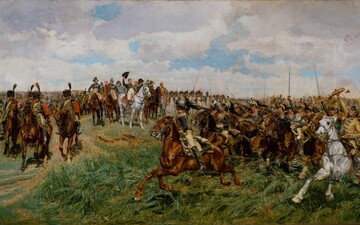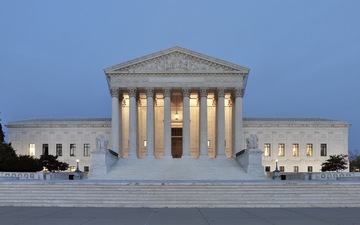
humans and social punishment
Have you ever noticed that reality has some properties that are quite annoying? For example, have you noticed that some people do bad things? And yet those same people sometimes have interesting ideas? Occasionally, I’ll bring up an idea in...

You can have a wrong favorite animal
Once, when I was 12, my parents asked me what my favorite animal was. And I thought: OK, self, what you’ve got here is a totally safe question. There are no “right” or “wrong” animals and no need to worry...

(espissange? asspionage?)
Who is this Julian Assange guy? Is he good or bad? Did he do espionage? Why is the US so obsessed with getting its hands on him? At dynomight.net we don't like to answer questions. Instead, we prefer to replace...

Wouldn't it be quite a coincidence for this to be the moment public opinion got it right?
It's tempting for the moderate to strut. Isn't it enlightened to see truth in both sides? To calmly rise above the squabbling? But there's a strong argument against moderation: Public opinion has been evolving for hundreds of years. Many things...

Rich countries are not monolithic. However, outside the US and a few microstates, they vary in a limited range.
With abortion in flux in the US, I realized I didn’t have a clear picture of how things looked in the rest of the rich world. When I searched, I found lots of maps, like the following from Politico and...

If culture war is intractable, what should we do instead?
The Guadalcanal campaign was the first major offensive operation by the Allies in the Pacific theater of World War 2. This nightmarish battle ran for six months and—while an Allied victory—involved losses so high the US Navy refused to release...

How polarized are we? An overview of what people of different political parties, education levels, races, and political engagement think about politics.
We’re here on Earth for such a short time. So, I often wonder—what do people spend their days thinking about? Judging from the ever-increasing amount of screaming everywhere, the answer would seem to be politics. But is that right? What...

Some claims that test scores don't predict college success don't add up.
Here are some claims about how grades (GPA) and test scores (ACT) predict success in college. "In a study released this month, the University of Chicago Consortium on School Research found—after surveying more than 55,000 public high school graduates—that grade...

Why do you have to fill out an ethnicity form to get a job in the US? What happens if you refuse?
If you ever joined a large organization in the US, you filled out an ethnicity form. Here’s a typical one:

Why it's basically impossible to determine fairness from observational data.
We want to know if things are fair. Do some groups of people tend to get a raw deal in company hiring or university admissions or court sentences?

There's many suggested policies to address police violence. What do we know about if they actually work?
You can’t measure police bias using simple population ratios. A better idea is to check if police behave differently when it’s dark, but this doesn’t give any firm conclusions either. What else can we do?

Explores some natural experiments that try to measure police violence.
Measuring police bias using simple ratios doesn’t work. You can never cleanly separate the impact of race from other associated factors.

Why trying to measure police violence though ratios is totally and utterly meaningless.
Watching people discuss police bias statistics, I despair. Some claim simple calculations prove police bias, some claim the opposite. Who is right?









